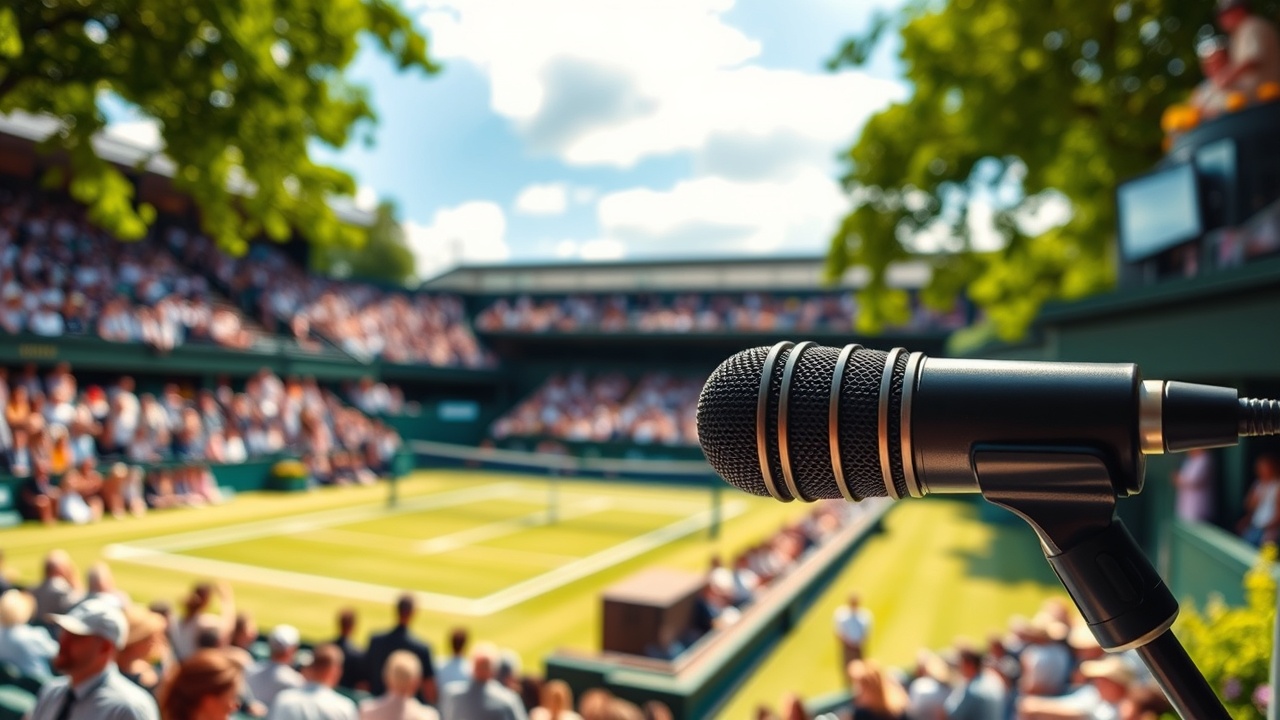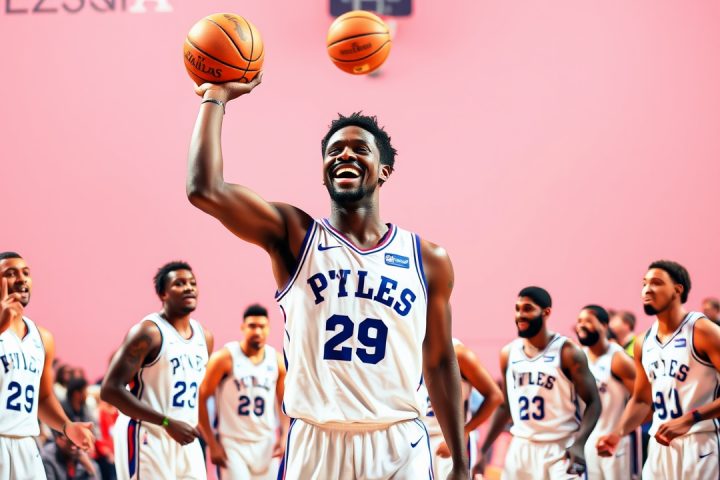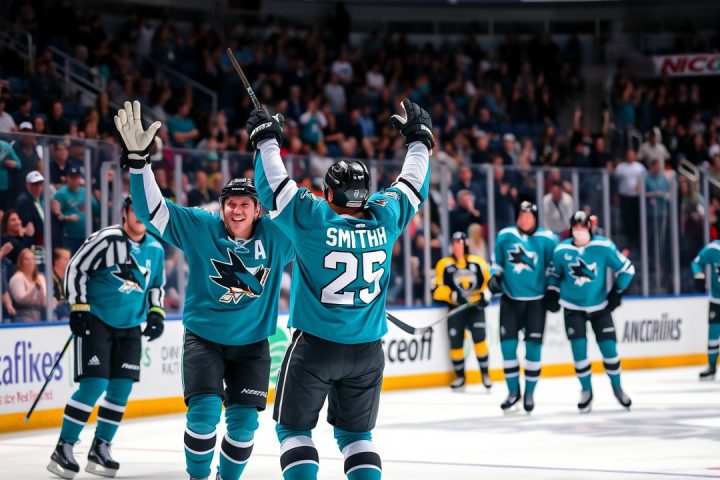Tennis Commentary and John McEnroe
Tennis commentator John McEnroe, a renowned former player with seven Grand Slam titles to his name, has sparked mixed reactions among fans for his broadcasting style during major tournaments. While many appreciate the insights that ex-professionals can bring to the viewing experience, a notable critique has emerged from journalist Sally Jenkins in her recent piece for The Washington Post, where she expressed strong disapproval of McEnroe’s commentary alongside his brother Patrick during Wimbledon.
Critique of McEnroe’s Commentary
Jenkins described their analysis as “irritating” and lacking substance, likening their contributions to that of “a couple of air compressors, complete with the irritating hissing.”
She pointed out McEnroe’s repeated mispronunciation of players’ names, suggesting that he mistakenly assumes this lack of familiarity adds to his appeal, yet it instead underscores a level of ignorance. Jenkins criticized the elder McEnroe brother for not conducting sufficient research on lesser-known players, arguing that such a lack of professionalism has no place in high-stakes tournaments.
Mixed Reactions and Industry Standards
After years of providing commentary, McEnroe’s understanding of tennis has come under fire, with some fans arguing that he struggles to connect with the modern game, in contrast to younger commentators. Despite facing backlash for his sometimes abrasive commentary style, which has been deemed disrespectful to lower-ranked players, media outlets including BBC and TNT Sports continue to employ him, even justifying his substantial salary for event coverage.
The audience’s tastes in commentary vary, and while Jenkins criticized McEnroe, she acknowledged that other commentators like Andre Agassi, Chris Evert, and Andy Roddick also face their share of critique, especially regarding their speaking habits during matches.
Emerging Voices in Commentary
In a different vein, the commentary of Australian player Nick Kyrgios garnered praise at last year’s major tournaments, reflecting a desire from the audience for varied presentation. However, the BBC has since decided against including Kyrgios in its lineup for the 2025 Wimbledon Championships, prompting him to voice his disappointment and suggest that his replacements lack the depth of insight he provides.
Conclusion
While Jenkins presented a formidable argument against McEnroe’s style, it highlights the subjective nature of sports commentary—what resonates with some may not appeal to others. Regardless of the differing opinions, John McEnroe remains a fixture in tennis broadcasting and will likely continue to be a part of Grand Slam commentary in the near future, having cultivated a dedicated following among certain segments of fans.




